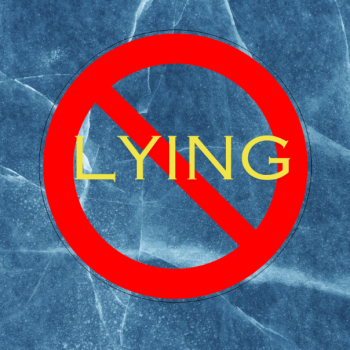It was raining, and chilly, when Hope Christian Church celebrated Pulpit Freedom Sunday this past weekend. Some 150 congregants gathered for the special 8 a.m. service, where Bishop Harry R. Jackson, Jr. stood at the lectern and announced, “Today, 1,500 pastors and counting are purposely preaching a message that violates the 501(c)(3) status of our tax code.” Tax-exempt nonprofits—houses of worship included—are forbidden from endorsing or opposing political candidates and parties.
For the last five years, Alliance Defending Freedom (ADF), a Christian legal group based in Scottsdale, Arizona, has organized one Sunday a year for churches to protest these restrictions. In his sermon, Jackson joined ADF in breaking the law, saying: “I am going to tell you why I cannot support Barack Obama for president.”
The non-denominational Hope Christian Church identifies itself as a “multi-ethnic, international community.” Its 3,000 members gather throughout the week in a converted office park in Beltsville, Maryland, a predominantly African American suburb between Baltimore and D.C. Among its staff members are many black pastors, including Jackson. While more than 95 percent of black voters supported Obama in 2008, Jackson—who worries individuals “celebrate race over grace”—hopes his flock will not do the same in 2012. “Listen to me, black Christians,” he warned. “You are foolish enough to vote against your God just because someone’s skin is black.”
Jackson’s remarks opposing Obama are in part to protest the Johnson Amendment, passed in 1954 and added to the 501(c)(3) tax code at the urging of then-Senator Lyndon B. Johnson. During a tough re-election fight in Texas, Johnson hoped to silence some of his critics, namely nonprofits that were funding his more conservative, anti-communist rival. As Patrick L. O’Daniel points out in the Boston College Law Review, Johnson was not targeting churches, but rather those organizations and individuals caught up in the rising tide of McCarthyism.
Read the rest here















